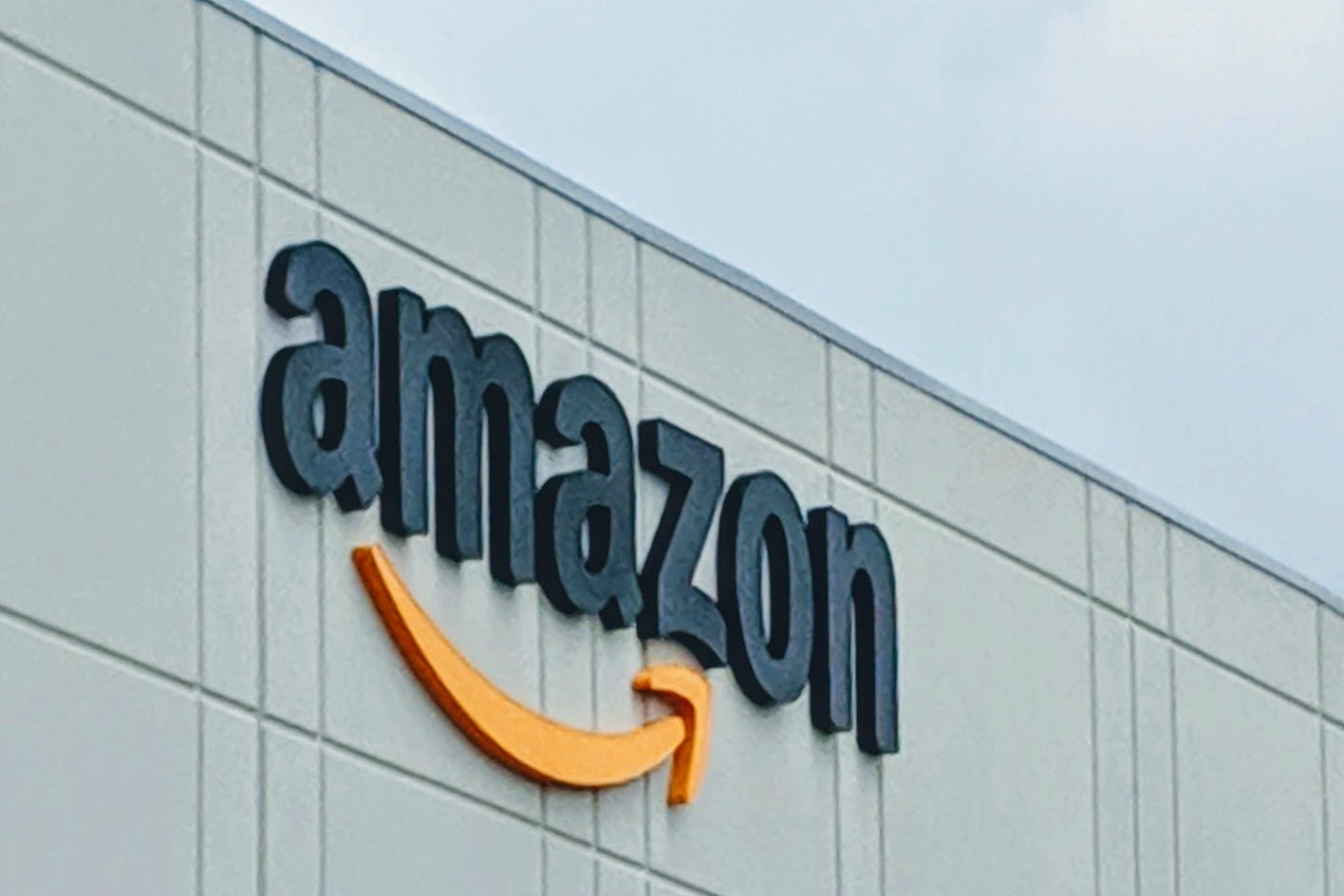 Workers at the Amazon warehouse in Bessemer, Ala., voted by more than a two-to-one margin against unionization in a highly contested, widely watched election. Amazon had fought the union effort bitterly, and its nearly one million U.S. workers continue to have no union representation, even while many of its operations in Europe are unionized. The result was a painful loss for the union and its many supporters, who believed that a pro-labor administration, pandemic safety concerns and solidarity among workers would lead to a growth in union representation in the private sector, particularly at a huge retailer like Amazon.
Workers at the Amazon warehouse in Bessemer, Ala., voted by more than a two-to-one margin against unionization in a highly contested, widely watched election. Amazon had fought the union effort bitterly, and its nearly one million U.S. workers continue to have no union representation, even while many of its operations in Europe are unionized. The result was a painful loss for the union and its many supporters, who believed that a pro-labor administration, pandemic safety concerns and solidarity among workers would lead to a growth in union representation in the private sector, particularly at a huge retailer like Amazon.
The result was announced on Friday when the minimum threshold for rejection of the union had been reached, even though not all ballots had been counted at that point.
The union that led the drive, the Retail, Wholesale and Department Store Union, said that it would fight the result. Its president, Stuart Appelbaum, said in a statement, "We won't let Amazon's lies, deception and illegal activities go unchallenged, which is why we are formally filing charges against all of the egregious and blatantly illegal actions taken by Amazon during the union vote."
Those actions included forcing workers to attend anti-union meetings, sending many anti-union text messages to workers, and putting up anti-union posters in the warehouse bathrooms and elsewhere.
In a press release after the result, Amazon said in part, "Our employees heard far more anti-Amazon messages from the union, policymakers, and media outlets than they heard from us. And Amazon didn't win--our employees made the choice to vote against joining a union."
Senator Bernie Sanders, who enthusiastically endorsed the unionization effort, tweeted, as recounted by the Guardian, that he wasn't surprised, adding, "The willingness of Amazon workers in Bessemer to take on the wealthiest man in the world and a powerful company in an anti-union state is an inspiration. It takes an enormous amount of courage to stand up and fight back, and they should be applauded."
Many observers saw the vote as a major victory for Amazon and doubted that unions would press again soon to unionize at its more than 100 warehouses in the U.S. But others pointed out that, as Sanders mentioned, the election was held in one of the most virulently anti-union areas in the U.S. In addition, because of the relatively poor local economy, Amazon's entry level wage of $15 a year and benefits had to appear more attractive than in other regions.
Many believe that renewed emphasis will be placed on national efforts to break up Amazon or force it to change some practices, or both.
 Subterranean Books, St. Louis, Mo., hosted a ribbon-cutting ceremony Saturday in its new, expanded space at 6271 Delmar Blvd. The bookstore posted on Facebook: "Thank you to everyone who came out for our ribbon-cutting ceremony. It was really quite overwhelming. (Keeping capacity down during a ribbon-cutting in the middle of a pandemic... not for the faint of heart.)."
Subterranean Books, St. Louis, Mo., hosted a ribbon-cutting ceremony Saturday in its new, expanded space at 6271 Delmar Blvd. The bookstore posted on Facebook: "Thank you to everyone who came out for our ribbon-cutting ceremony. It was really quite overwhelming. (Keeping capacity down during a ribbon-cutting in the middle of a pandemic... not for the faint of heart.)."










 In Bath, Saber Khan, manager of
In Bath, Saber Khan, manager of  Bookbugs and Dragon Tales
Bookbugs and Dragon Tales
 Workers at the Amazon warehouse in Bessemer, Ala., voted by more than a two-to-one margin against unionization in a highly contested, widely watched election. Amazon had fought the union effort bitterly, and its nearly one million U.S. workers continue to have no union representation, even while many of its operations in Europe are unionized. The result was a painful loss for the union and its many supporters, who believed that a pro-labor administration, pandemic safety concerns and solidarity among workers would lead to a growth in union representation in the private sector, particularly at a huge retailer like Amazon.
Workers at the Amazon warehouse in Bessemer, Ala., voted by more than a two-to-one margin against unionization in a highly contested, widely watched election. Amazon had fought the union effort bitterly, and its nearly one million U.S. workers continue to have no union representation, even while many of its operations in Europe are unionized. The result was a painful loss for the union and its many supporters, who believed that a pro-labor administration, pandemic safety concerns and solidarity among workers would lead to a growth in union representation in the private sector, particularly at a huge retailer like Amazon.


 Congratulations to
Congratulations to  Vulnerability Is My Superpower
Vulnerability Is My Superpower Gwen Strauss's narrative nonfiction debut, The Nine: The True Story of a Band of Women Who Survived the Worst of Nazi Germany, reconstructs the daring escape of nine female resistance fighters in the grim final days of World War II. One of those resistance fighters was Hélène Podliasky, the author's great-aunt, who was considered the leader of the band of women. Chapters center on each woman in turn, using Strauss's research not only to trace their paths to resistance, capture and imprisonment in Germany's nightmarish labor camps, but to resurrect their characters and personalities. What results is an improbable story of escape and survival thanks in large part to the bonds forged among these courageous fighters.
Gwen Strauss's narrative nonfiction debut, The Nine: The True Story of a Band of Women Who Survived the Worst of Nazi Germany, reconstructs the daring escape of nine female resistance fighters in the grim final days of World War II. One of those resistance fighters was Hélène Podliasky, the author's great-aunt, who was considered the leader of the band of women. Chapters center on each woman in turn, using Strauss's research not only to trace their paths to resistance, capture and imprisonment in Germany's nightmarish labor camps, but to resurrect their characters and personalities. What results is an improbable story of escape and survival thanks in large part to the bonds forged among these courageous fighters.